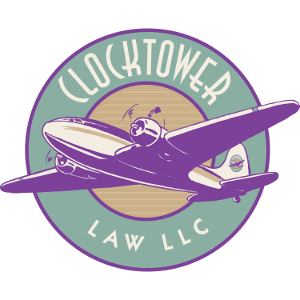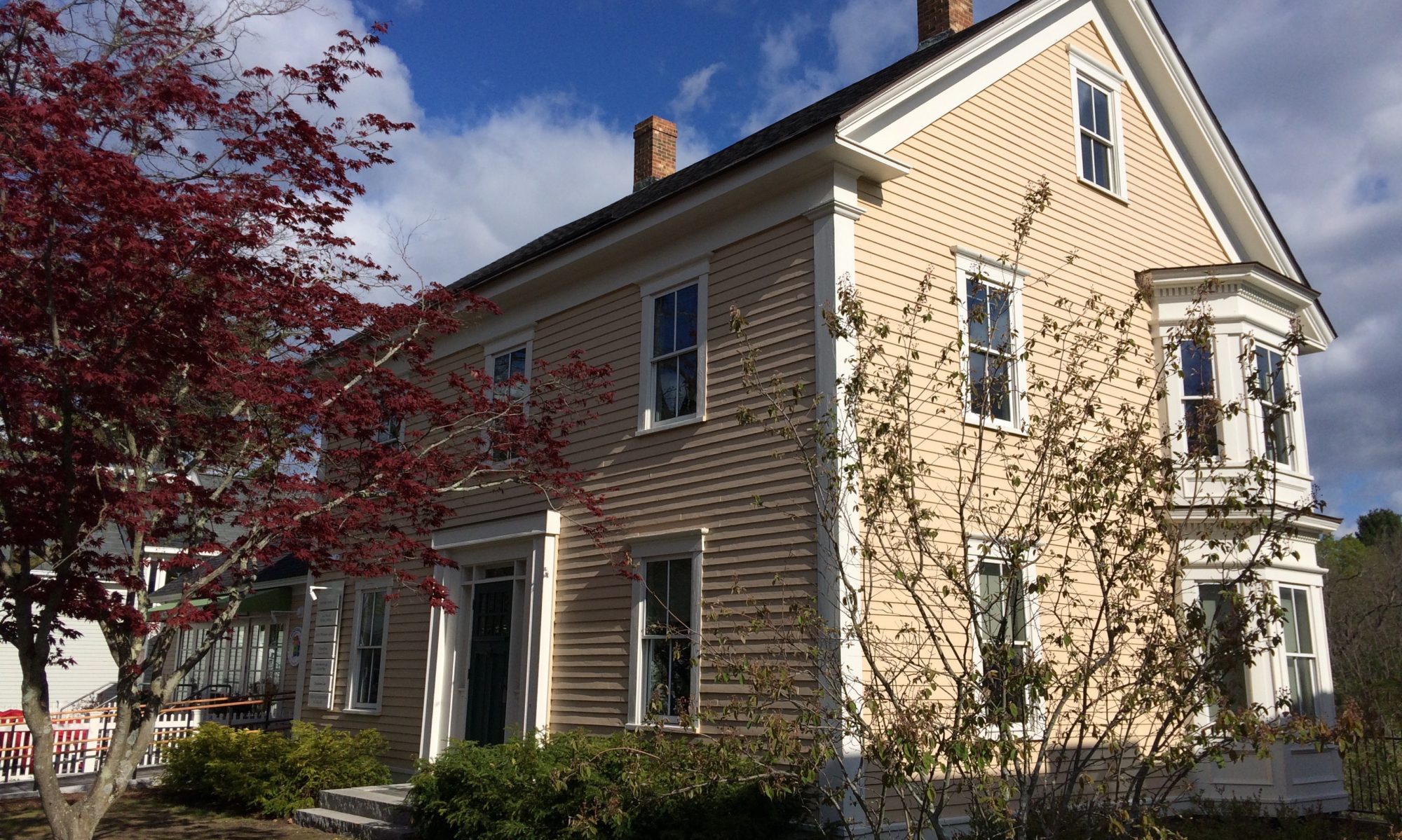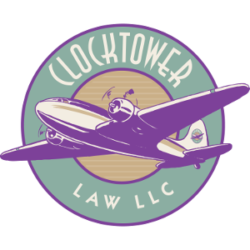If you choose not to decide, you still have made a choice.

In the early days of Clocktower, a startup founder contacted me and told me that he had $250,000 to spend on patents, as directed by his board of directors. (Protip #1: Don’t tell patent lawyers your budget, because most of them will spend it.) He said that his company made high-temperature paint-like coatings for industrial applications.
“Tell me more,” I said, because I knew enough (from MIT 3.091) about chemistry to know that polymers change materially when they go from a “liquid” to a “solid” form. So I asked him, “Can these polymers be reverse-engineered?” “No,” he replied.
My next question was: “How much do you pay your lead chemist?”
I then explained that he should (1) make sure that his lead chemist is paid well, (2) that he should have strong nondisclosure and invention-assignment agreements in place, (3) that he should tell his board of directors to pound sand (protip #2: don’t take patent advice from your board of directors), and (4) that he should adopt a strong trade secret policy. This way, his company could own the intellectual property potentially forever (choosing trade secrets, like the Coke secret formula) rather than for about 20 years (choosing patents).
Plus I saved him a quarter of a million dollars. You’re welcome.
As the above drawing illustrates, trade secret protection is often best when your product cannot be reverse-engineered by virtue of its launch (where “launch” means selling it, offering to sell it, publicly using it, or publicizing it).
One notable exception relates to another client, who had initially chosen trade secret protection. The client made electronics for the boating industry: sonar fish-finders and the like. Except that a foreign competitor kept stealing their ideas, patenting them, and coming back to our client for a license! (This was before prior-inventor rights were codified in the 2013 American Invents Act (AIA).)
I advised this client to file a patent on something, anything – but with a huge written disclosure of everything that they had previously invented (the patent specification). I call this a “tip of the iceberg” patent, because something large is being disclosed, but something small is being patented. The real purpose of a “tip of the iceberg” patent is to get your prior inventions into the prior art, because the patent office is best at searching patent documents. This strategy should stop the cycle of competitors stealing/patenting your ideas.
Finally, the subtitle of this article is a reference to a 1980s Rush song:
* Freewill by Rush (1980s)
https://www.youtube.com/watch?v=urBpdyFCZmo
It is also a reminder that both actions and inactions have consequences. And whichever patent strategy path you choose, you should choose it intentionally, not accidentally. Don’t let ignorance choose the path for you, make an informed choice.
For Your Consideration
This and other articles about patent strategy are in the patent law 101 category herein:
- * Drawing That Explains The Value Of Startup Patent Spending (2019-03-17)
17 Seconds #58 – A Publication For Clients And Other VIPs Of Clocktower. - * Why Startups Should Always Do Patent Searches (2014-05-23)
The USPTO will never require mandatory patent searching. But I can dream. - * The Who, What, Where, When, Why, And How Of Patents (2014-03-12)
Patent law in plain English. But not in that order. - * Chart That Explains Patent Novelty And Statutory Bars (2011-05-09)
35 USC 102: Patent Decoder - * Men Of Great Genius: Venetian Senate, Patent Act of 1474 (2011-04-11)
All modern patent statutes are derived from the Venetian Patent Act of 1474. - * Patent Law 101 (2011-01-26)
An introduction to patent law in plain English. - * A Mere Mortal’s Guide To Patents Post-Bilski (Or Why §101 Is A Red Herring) (2010-07-09)
It don’t mean a thing if it ain’t got that swing. - * Drawing That Explains Patent Costs (2007-08-17)
How to control the cost of filing a patent. - * Drawing That Explains Provisional Patent Applications (2007-08-06)
Provisional patent applications are rarely the best solution for startups. - * Drawing That Explains Patent Disputes (2007-07-24)
And what’s wrong with law school education. - * Drawing That Explains Patent Laws (2007-07-19)
From Chief Justice to the patent examiner. - * Should I do a patent search? (2006-12-05)
To search or not to search: that is the (pretty simple) question. - * Patents Should Be Easy To Infringe (2006-12-05)
Draft to the rule, don’t draft to the exception. - * How To Get And Defend A Patent Without Going Broke (2004-08-02)
It is possible for independent inventors and small businesses to acquire patents and protect their ideas without going broke in the process. - * Software Patents Epilogue (Part 9) (2003-07-16)
The 2003 Law and Technology Conference at the Technology Law Center of the University of Maine School of Law was the most fun I’ve had at a conference in years. - * Software Patents: Final HERTS (Hypotheticals, Examples, Rants, Thoughts, And Stats) (Part 8) (2003-06-16)
Using open source software is a bit like reading Entertainment Weekly. Lots of people do it but few admit it. Plus other observations that didn’t fit anywhere else. - * Software Patents: W3C Standards (Part 7) (2003-06-16)
The open source community has generally viewed the W3C’s decision on patents in standards as a victory. - * Software Patents: IETF Standards (Part 6) (2003-06-15)
For now, the IETF has not changed its policy about using patented technologies in the standards process. The tension between the IETF and the open source community will likely increase as open source software continues to grow in popularity. - * Software Patents: Copyright Law Expansion And Lessig’s Software Patent Non Sequitur (Part 5) (2003-06-15)
Lessig argues convincingly for limiting the extension of copyright terms but argues unconvincingly against software patents. - * Software Patents: Examples Of Principled Arguments (Part 4) (2003-06-15)
The two most fascinating principles on which software patent proponents base their arguments are that 1) open source software is better than proprietary software and 2) free software is better than open source software. - * Software Patents: Examples Of Unprincipled Arguments (Part 3) (2003-06-15)
Many educated people are opposed to software patents, but few make principled arguments to support their positions. - * Software Patents: Principled Dialog (Part 2) (2003-06-15)
Whatever your position on software patents, or on patents in general, one thing is clear. Principled arguments are more interesting than unprincipled arguments. - * Software Patents: Good Or Evil? (Part 1) (2003-06-15)
This week, I am speaking at the fourth annual Law and Technology Conference at the Technology Law Center of the University of Maine School of Law. I am taking a non-standard approach to this presentation. Rather than preparing PowerPoint slides (or the like), I will be posting a series of notes on my website. - * Festo – The Supreme Court’s Latest On Patent Law (2002-07-04)
The Supreme Court affirmed that inventors have the rights versions of their inventions that use ‘equivalent’ elements. - * Patents vs. Trade Secrets (2002-02-05)
The advantages and disadvantages of protecting business ideas with patents and trade secrets.
See also the trademark law 101 category herein:
- * Drawing That Explains Trademark Likelihood Of Confusion (2019-05-17)
17 Seconds #60 – A Publication For Clients And Other VIPs Of Clocktower. - * The Who, What, Where, When, Why, And How Of Trademarks (2016-09-30)
Trademark law in plain English. - * How To Register A Trademark: Part 3: Trademark Filing (2009-04-07)
File your trademark application with TEAS. - * How To Register A Trademark: Part 2: Trademark Search (2009-03-11)
Search trademarks to rule out likelihood of confusion. - * How To Register A Trademark: Part 1: Choosing A Good Name (2009-02-11)
A trademark is to your business as a foundation is to your house. - * How To Avoid Infringing Red Sox Trademarks (2009-01-13)
Or anybody else’s, for that matter. - * How To Twittersquat The Top 100 Brands (2009-01-08)
A call for the creation of the Uniform Username Dispute Resolution Policy. - * Madrid Protocol: Affordable International Trademarks For Startups (2008-11-14)
The Madrid Protocol is a great option for startups who want foreign trademark protection but don’t want to file trademarks in separate countries. - * Trademarks For Slogans And Taglines (2007-10-04)
Trademarking slogans and taglines. - * Trademarks For Product And Service Names (2007-10-04)
Trademarking product and service names. - * Trademarks For Logos (2007-10-04)
Trademarking logos. - * Trademarks For Company Names And Nicknames (2007-10-04)
Trademarking company names and nicknames. Just drop the “Inc.” - * The Brand Wars Are Coming, The Brand Wars Are Coming! (2007-07-01)
How to defend your brands on the Internet. - * Trademarking Numbers (2004-02-17)
You can register numbers as trademarks, and some numbers are still available. - * Just Say Moo – How To Name And Brand Your Product To Make It Stand Out From The Crowd (2003-12-08)
Good branding can separate your cow from the other cattle. - * How (And Why) To Trademark Your Logo (2003-07-17)
If you have a word mark that may be difficult to register because it is descriptive, consider creating a logo that contains the words and register the logo. - * How To Name Your Company, Trademark Your Domain Name, And Domain Name Your Trademark (2002-11-20)
Think there are no cool domain names left? Think again. I found 201 cool domain names that are taken but six (count ’em, six) that are not. Some of them from a box of crayons. Plus strategies for protecting your trademarks, domain names, and company name.
Since 2001, Clocktower has been laser-focused on #patents and #trademarks for #startups. Since 2001, 38 Clocktower clients have been acquried at a total valuation of over $6 billion. Since 2001, zero clients have fired Clocktower and then gone on to be acquired by a public company.


